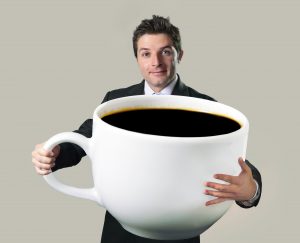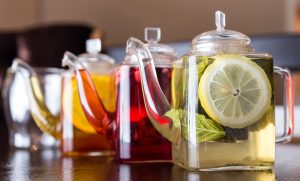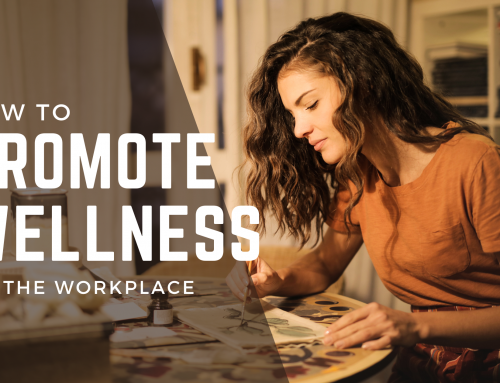Stumbling out of bed each morning, is your first stop the coffee pot?
Do you swing by the drive-thru on your way to work?
Do you hit the vending machine for a pop at lunch?
How many times per day do you drink coffee, pop or energy drinks? It’s time to become aware of what exactly that caffeine represents; the havoc it plays on your body, and how you can easily reduce your consumption.
Caffeine is a nervous system altering stimulant that makes you feel more awake, alert and where you potentially experience a temporary elevation in mood.

The following are typical amounts of caffeine in products you may use regularly in a cup (small take-out cup size of 237 mL [8 oz]) Keep in mind that coffee and tea are often served in much larger cups.)1
• brewed coffee: 135 mg
• instant coffee: 76–106 mg
• decaffeinated coffee: about 3 mg
• tea: 43 mg
• regular cola soft drink containing caffeine (355 ml): 36–50 mg
• energy drink (250 ml): 80 mg
• dark chocolate (28 g): 19 mg
• milk chocolate (28 g): 7 mg
• packet of hot chocolate mix: 7 mg
• stay-awake pills: 100 mg
What is the problem with caffeine?
Caffeine can cause a whole host of problems in the body, while acting as somewhat of a silent creator. The symptoms that it causes can sometimes be mistaken for other diseases and you may end up following a treatment protocol, while the only thing you may have needed to do was eliminate the cause ~ caffeine.

For example:
Caffeine raises the amount of acid in your stomach and may cause heartburn or upset stomach. It’s also a diuretic, triggering your body to get rid of water.2 A complaint of heartburn is usually treated pharmaceutically, where it may not have been necessary. Also, with the diuretic properties of caffeine, it can leave you dehydrated and you may not even realize. Symptoms of dehydration can include headache, dizziness and fatigue. All of which may be confused for the particular disorder and treated specifically. When really, all that may have been necessary was to eliminate caffeine and drink water!
How do you know if caffeine has become a problem?
Other than noticing symptoms that your body is telling you things are not functioning quite properly, if you simply can’t start your day without a cup of coffee, or if you can’t make it through the day without having an urge to reach for something to boost your energy, it’s time to step away from this stimulant.
Just like any drug, if you can’t make it through the evening without a drink, or continue to reach for cigarettes or various addictive substances, it is time to assess why you keep reaching for caffeine, and put measures into place to reduce or eliminate your consumption.

Substitutes for Caffeine…
• Exercise! This naturally boosts energy levels and endorphins and makes you feel great!
• Drink herbal, naturally caffeine-free tea. Choose organic options.
• Drink water! Your body needs between 2 and 4 litres of water every day, depending on your size. It will keep you hydrated and energized.
• Get enough sleep. Don’t rely on outside substances to maintain your energy levels. Listen to your body ~ when you are tired, go to sleep! Don’t fight it by watching another episode on Netflix or working late into the night.
• Talk to your Homeopath or Naturopath for natural options to support you, if you are struggling with giving up on caffeine.

With Sources from:
1 – http://www.camh.ca/en/hospital/health_information/a_z_mental_health_and_addiction_information/caffeine/Pages/default.aspx
2 – http://www.healthline.com/health/caffeine-effects-on-body
____________________________________
Jo-Anne Richardson, Registered Holistic Nutritionist & Energy Medicine Practitioner
Jo-Anne works with Fournier disAbility & Health Management Solutions to provide online education for clients and patients. Her interest in healthy, joyful living is demonstrated in her writing, coaching and teaching. Her goal is to improve the health of her community by empowering you with knowledge, support and new ideas.
Looking for more tips and information on holistic health and living? Like our Facebook page at https://www.facebook.com/FournierHealth and follow us on Twitter https://twitter.com/FournierHealth






Leave A Comment